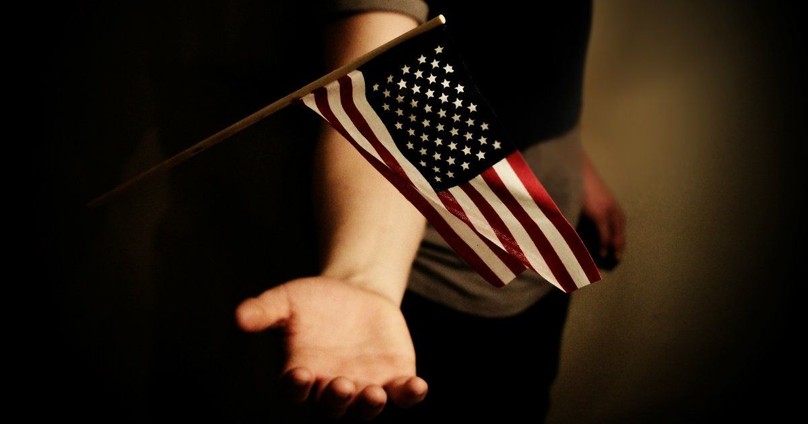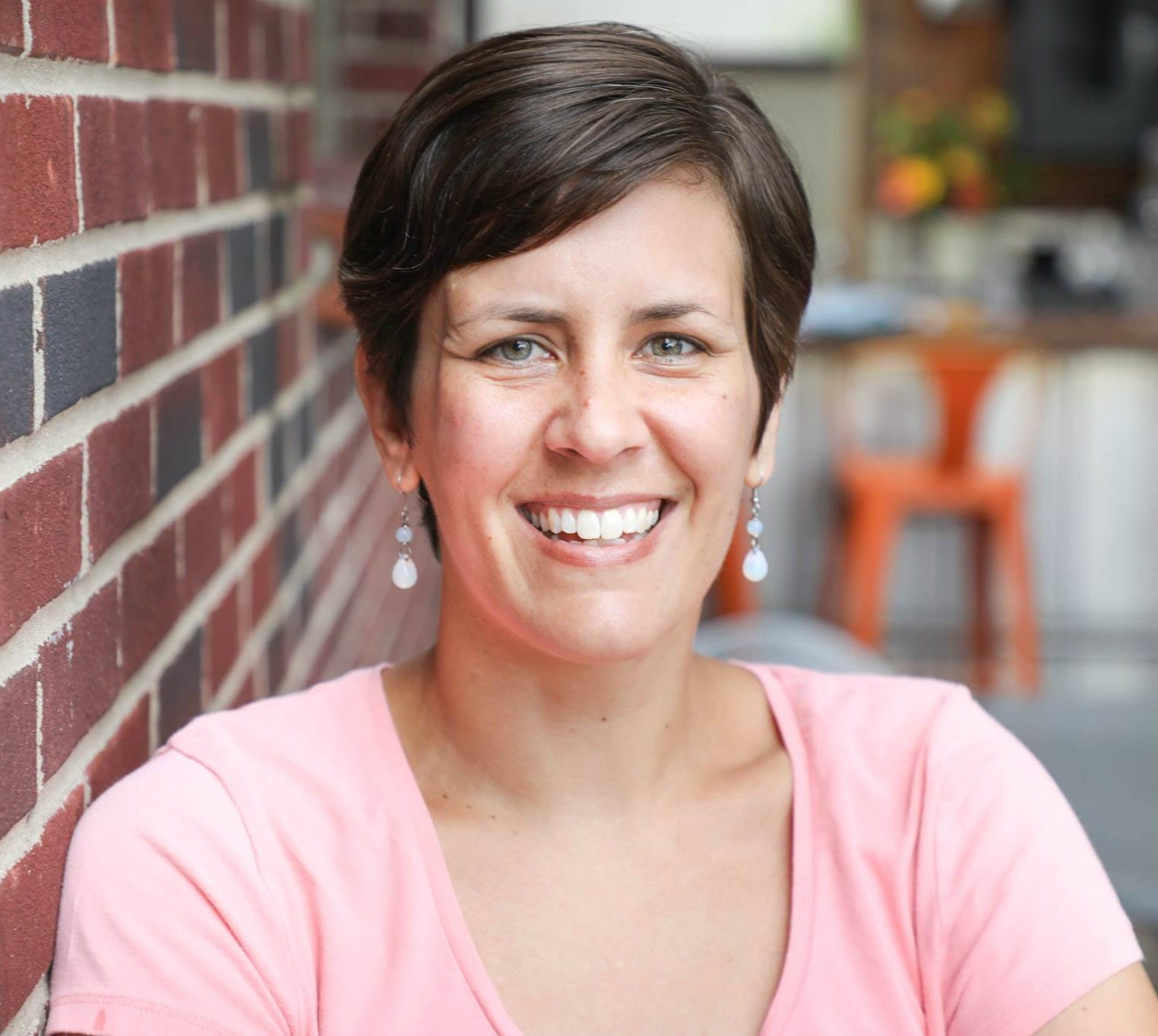
In a span of a few weeks between late August and mid-September 2017, parts of the United States and countries in the Caribbean were pummeled by the destructive forces of Hurricanes Harvey, Irma, and Maria. News stations showed entire towns submerged underwater. The country watched online as rescue efforts pulled people out of flooded homes and vehicles. Winds tore apart buildings, leaving structures without roofs and walls. Millions had no power for days. The storms displaced countless people. Currently, all of Puerto Rico is without power after Maria pummeled the island.
Positioned between these traumatic events, President Trump made a declaration to end DACA, the Deferred Action on Childhood Arrivals. A CNN article described those protected by DACA as “undocumented immigrants who were brought to the United States as children.” The article explained, “DACA recipients have been able to come out of the shadows and obtain valid driver's licenses, enroll in college and legally secure jobs.”
Affecting nearly 800,000 individuals, the DACA announcement threw thousands of young people into a tailspin of fear, uncertainty, and panic: “Will I be displaced?”
As an American citizen living in Michigan, I could say that I was not directly affected by any of the above-mentioned events—but would that really be true? I could also say that these events are not related to each other—but would that statement be accurate?
We Are Members of One Body
The Word of God tells us that as brothers and sisters in Christ, we are all members of one body (Romans 12:4-5, Ephesians 3:6 and 4:25, Colossians 3:15). “If one member suffers, all suffer together ...” (1 Corinthians 12:26a). So did the hurricanes affect me? Yes. Did the DACA decision affect me? Yes.
A few summers ago, I fell down some stairs and broke my big toe. For more than six weeks, my whole body was affected by one small fracture in a fairly inconsequential location. Because it was my right foot, I couldn’t drive for those six weeks of recovery. I couldn’t go to the beach, as my crutches wouldn’t hold in the sand. Even though I was the one with the broken bone, my whole family was affected. We all felt it in different ways, but we suffered together.
The pain may have been centralized to one location, but my whole body—and my whole family—were impacted by the break. Members of one body. We suffer together.
We Are United by Tragedy
Perhaps the most beautiful outcome of the otherwise devastating events mentioned above was to see how each incident drew people together. Following Hurricane Harvey, people flocked from neighboring towns and even states to Houston with pick-up trucks and SUVs, towing boats to help rescue those who were trapped.
On August 29th, author and speaker Beth Moore shared on Twitter, “A dear friend of mine just prayed something so true: ‘God, the reason we want to help rescue people is because we are image bearers of the Rescuer.’” We are image bearers of the Rescuer and the One who gave His body to break down barriers and unite (Ephesians 2:14-18).
When the DACA announcement was made, people stormed streets and social media with protests. Hashtags like #DefendDACA, #WithDreamers, #HereToStay, and #ProtectDreamers erupted on Twitter. Among other public displays across the country, three Democratic Congressmen were arrested in New York for refusing to move from their position on Fifth Avenue as a sign of protest against Trump’s DACA ruling.
Days after Hurricane Irma swept through Florida, Pastor Michael Graham’s neighborhood was still without power. He wrote about it in an article posted on The Gospel Coalition website, recounting, “The most amazing thing happened Sunday morning when the storm died down—everyone came outside. It was part disaster tourism, part curiosity, and part ‘Hey, you guys okay?’”
“By my count, roughly two-thirds of the neighborhood was outside, and there was a lot of conversation. We seized this small window of time to meet numerous ‘new’ neighbors and have several substantive conversations. We talked about adoption with some neighbors considering it. We had fireside s’mores with discussions on faith and science. We got to hear people’s stories and share our own.”
In each of these cases, God used disaster to draw people together. Does this not point to the greatest display of all time, when God used the gruesome tragedy of His only Son’s death to unite His children to Himself and each other?
We Are All Foreigners Here
Another stark reminder provided by both the hurricanes and the DACA decision is the realization that this world is not our home. We may be tempted to get comfortable here, to establish ourselves, to secure stable jobs and build sturdy homes—but this world is passing away.
With one storm or presidential pronouncement, our homes could be snatched away. In the span of my lifetime so far, I’ve lost several homes—to divorce, a landlord’s decision to sell our rental property, a foreclosure, a parent’s death. I didn’t see any one of those circumstances coming. Nothing is certain in this life except God’s character and the promises found in His Word.
So while we mourn with those who mourn over losing homes and we do all that we can to help them rebuild and restore lost or damaged property, while we labor to love and support those affected by DACA, let’s not forget that we can’t take anything with us when it’s time to go. Let’s not forget that physical houses and material possessions are all temporary.
What a wonderful opportunity to direct conversation toward eternity and the life to come.
We might swallow the news headlines with our morning coffee and move on with our day, assuming the global current events have nothing to do with our personal lives. But let’s not be deceived. We are all foreigners here. We are all displaced. We are all exiles and strangers in the world, just passing through.
The most important question to answer, then, is: Where are you going?
Image Credit: Unsplash.com/samuelschneider

serves as Publishing Consultant at Fistbump Media and is the owner of Refine Services, a company that
offers writing, editing, and digital marketing services. Kate blogs at Heading Home and can be found on Facebook, Twitter, and Instagram.


